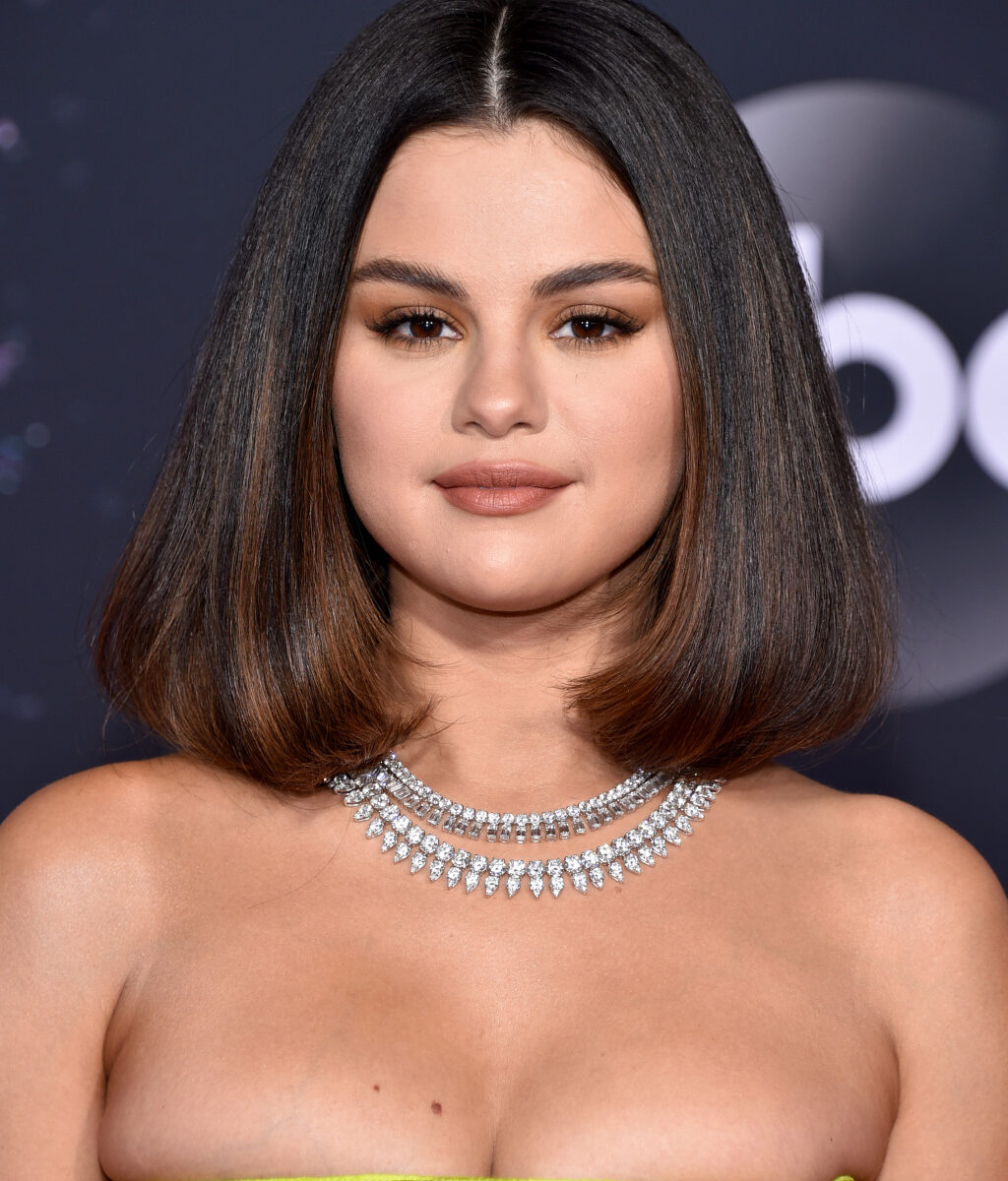
From New Zealand MP Hana-Rāwhiti Maipi-Clarke to entrepreneurial celebs like Selena Gomez, these are the women entering 2025 with momentum.
Power is not static. A CEO that is among the world’s most ten powerful women one year could be out in the next—like now-former CVS chief Karen Lynch. A politician who dreams of becoming her country’s first female president one year could find herself taking the oath of office the next, like Mexico’s Claudia Sheinbaum.
Compiling the Forbes list of the World’s 100 Most Powerful Women always starts with assessing those changes: Who is in and who is out of the world’s most influential leadership positions? Sometimes the answers to those questions happen within our editorial deadlines; other times, the appointments or elections are too new, or wielding of power too unproven, to land a person on the final list.
As we say every year, just because a woman is not in the top 100 does not mean she lacks influence; there are many people whose power is on the rise. And to that end, here are the women going into 2025 with momentum on their side:
Netumbo Nandi-Ndaitwah: In early December, Nandi-Ndaitwah received 57% of the vote in Namibia’s presidential election and became the first woman to be elected to her country’s highest office. Affectionately referred to as “NNN,” Nandi-Ndaitwah is currently Namibia’s vice president and is slated to be inaugurated as president in March 2025. She is facing significant discontent over Namibia’s high unemployment rate and has pledged to, as president, use “economic diplomacy” to bring more investments and create jobs.
Hana-Rāwhiti Maipi-Clarke: It was the parliamentary protest heard ‘round the world: In November, New Zealand MP Hana-Rāwhiti Maipi-Clarke ripped up a piece of controversial legislation that would reinterpret the treaty between the government and the Maori people. She then led a haka, a traditional Maori dance, on the Parliament floor. The video of her protest was viewed more than 200 million times in two days. At 22 years old, Maipi-Clarke is the youngest Kiwi MP since 1853 and has become something of a political star; she also performed a ceremonial haka when she was inaugurated in 2023.
Mitsuko Tottori and Joanna Geraghty: Women are taking charge of the air—or at least, the world’s largest airlines. Joanna Geraghty became the first woman to lead a major American airline when she took helm of JetBlue in February 2024. Two months later, Mitsuko Tottori was named the CEO of Japan Airlines (JAL), the flag carrier of Japan. She started her career as a flight attendant and now sits at the top of a company that, in fiscal 2023, recorded more than $10 billion in revenue. Both women are managing consumer demand that has not only rebounded from Covid-era lows, but surpassed 2019 levels of activity.
Selena Gomez: It’s hard to know which title to lead with for Gomez. The North American woman with the most social media followers? (The actor has 610 million followers across Instagram, X, Facebook and YouTube.) A Grammy award-winning artist getting Oscar buzz for her performance in the musical thriller Emilia Perez? The entrepreneur behind cosmetics juggernaut Rare Beauty? Longtime mental health advocate? The answer is, of course, is E: All of the above. Gomez has diversified the way she reaches her audiences, making her growing power all the more potent.
Jay Graber: As CEO of Bluesky, Graber is in charge of what has become the buzziest social media network of 2024. The platform was first conceived by Jack Dorsey in 2019 as a decentralized, independent alternative to Twitter and has experienced modest surges of signups after Elon Musk acquired Twitter (now X) in 2022, but its greatest influx of users has come in the days and weeks after the presidential election. As of early December, Bluesky had 24 million users, and Graber is tasked with managing the growth without making the product worse. “At heart, I’m a digital rights activist,” Graber said during a December tech conference. “People need to be able to control the social networks they communicate on because they’ve become really vital structures.”
Rachel Proffitt: A self-described “accidental lawyer” who wanted to go to business school, Proffitt finds herself at the intersection of both worlds. In January, she became the CEO of Cooley, one of the top 50 law firms in the U.S. and the go-to legal counsel for Silicon Valley entrepreneurs. The firm is the number one advisor for tech and life sciences IPOs and has overseen more than $500 billion worth of M&A deals since 2020. In spite of the great exit slowdown of 2024, Proffitt recently told Forbes that she’s optimistic about founders continuing to build businesses with promising IPO opportunities. “Ideation is not stopping; entrepreneurs will be entrepreneurs regardless of the market,” she said.
Marine Le Pen: France fell into political chaos in early December following a no-confidence vote that ousted Prime Minister Michel Barnier three months into his term. Far right leader Marine Le Pen helped orchestrate his fall, and now, the world is waiting to see if she makes a power grab after putting President Emmanuel Macron on notice too. The answer—and her next move—could depend on the verdict of a trial against Le Pen and two dozen other National Rally party officials. They stand accused of misappropriating European Union funds, and French prosecutors are requesting Le Pen receive prison time and a five-year political ineligibility sentence.
Elise Stefanik: Just days after the U.S. election was called for Donald Trump, the president-elect announced Rep. Elise Stefanik (R, NY-21) as his pick for U.N. Ambassador. Stefanik has been a vocal supporter of Israel in the Israeli-Palestinian conflict, and her appointment signals a strong pro-Israel stance in the coming Trump administration. The longtime Trump ally and highest-ranking female Republican in the House accepted the Cabinet nomination, but the post requires confirmation by the Senate in the new year.






